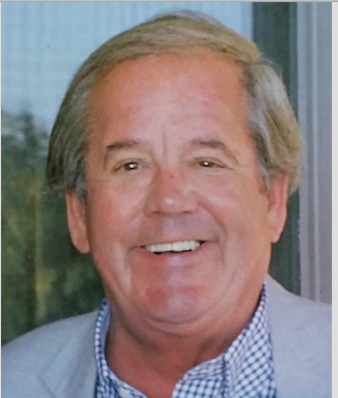The location of the various Color Revolutions are aimed directly at encircling Russia and cutting off, at any time, her export pipelines. With more than sixty percent of Russia's dollar export earnings coming from its oil and gas exports, such an encirclement would amount to an economic choke hold on Russia led by US-driven NATO.
The NATO encirclement of Russia, the Color Revolutions of fake democracy that have failed across Eurasia and the Iraq war, were all aspects of the same American political strategy. The grand strategy is to de-construct Russia once and for all as a potential rival to a sole US superpower hegemony.
Following the IMF-directed looting of Russia by a combination of Western banks and corrupt Russian oligarchs, a shrewder and more sober Putin cautiously came forward as a dynamic nationalist force, committed to rebuilding Russia.
The defining event in Russian energy geopolitics took place in 2003. Just as Washington proclaimed its intent to militarize Iraq and the Middle East regardless of the world protest or the violation of international law, Putin ordered the arrest of Russia's billionaire oligarch Mikhail Khodorovsky, on charges of tax evasion. Putin then surprised Western oligarchs by freezing shares of Khodorovsky's giant Yukos Oil group, in effect putting it under state control.
Khodorovsky's arrest came shortly after reports of an unpublicized Washington meeting in July of 2003 between Khodorovsky and Vice President Dick Cheney. After the Cheney meeting, Khodorovsky began talks with ExxonMobile and ChevronTexaco, the old firm of US Secretary of State Condoleezza Rice, about acquiring a major stake of up to 40% in Yukos Oil.
The 40% stake in Russia's Yukos Oil would have given Washington, via US oil giants, a de facto veto power over future oil and gas pipelines and oil deals. Just days before his arrest in October 2003, Khodorovsky had entertained George HW Bush, who had come to Moscow on behalf of his powerful Carlyle Group, to discuss the US buy-in of Yukos. Bush then discreetly resigned his position with Carlyle just after the arrest of Khodorovsky and his partner, Platon Lebedev, chairman of the Menatep Russian Banking Group.
Khodorovsky's arrest signaled a decisive turn by the Putin government towards rebuilding Russia and erecting strategic defenses. It occurred in the context of the brazen US conquest for Iraq in 2003. Putin's bold move was less than two years after the Bush Administration announced that the United States was unilaterally abrogating its treaty obligation with Russia under the earlier Anti-Ballistic Missile (ABM) Treaty in order to move forward with development of new US missiles. This was interpreted by Moscow as a clear provocation, a hostile act aimed at Russia's security.
By 2003, it was obvious that the Pentagon hawks, and their allies in the armaments industry and Big Oil, had a vision of a United States unchallenged by international agreements and acting unilaterally in its own hegemonic interests, as defined by the new-conservative Project for a New American Century (PNAC).
The events in Russia were soon followed by the illicit Washington-financed covert destabizations in Eurasia; the Color Revolutions against governments on Russia's periphery.
By the end of 2004, it was obvious to Moscow that a new Cold War, this one over strategic energy control and unilateral nuclear primacy was looming.
After 2003, Russian foreign policy, especially its energy policy had reverted to the axioms of 'Heartland' politics as defined by Sir Halford Mackinder, politics which had been the basis of earlier Soviet Cold War strategy since 1946.
To achieve its total dominance, Washington needed not only the resources of its Color Revolutions across Central Europe to encircle Russia. The Pentagon also needed to draw up a tight noose around the emerging colossus of Asia, namely China. A different approach was taken with China however, given the extreme United States financial dependence, and its economic ties and investments in the country. For control of China, a form of 'human rights' was used as a weapon of US foreign would play a maniacal central role.
--"""""".
"We're going to attack and destroy the governments in seven countries in five years-we're going to start with Iraq, and then we're going to move to Syria, Lebanon, Libya, Somalia, Suda, Iran and then on to Ukraine."
-US General Wesley Clark in a 2007 speech
In October of 2007, Wesley Clark, a retired general and former NATO Supreme Allied Commander in Europe made a speech at the Commonwealth Club in San Francisco, just four years after George W Bush and the cabal of war hawks around Paul Wolfowists and Dick Cheney had made the decision to invade Saddam Hussein's Iraq, primarily because part of Hussein's progressive policies was to price Iraqi oil in Euros, undermining the dollar's reserve status, and ending the fees paid to Wall Street banks.
Next Page 1 | 2 | 3 | 4 | 5 | 6
(Note: You can view every article as one long page if you sign up as an Advocate Member, or higher).





